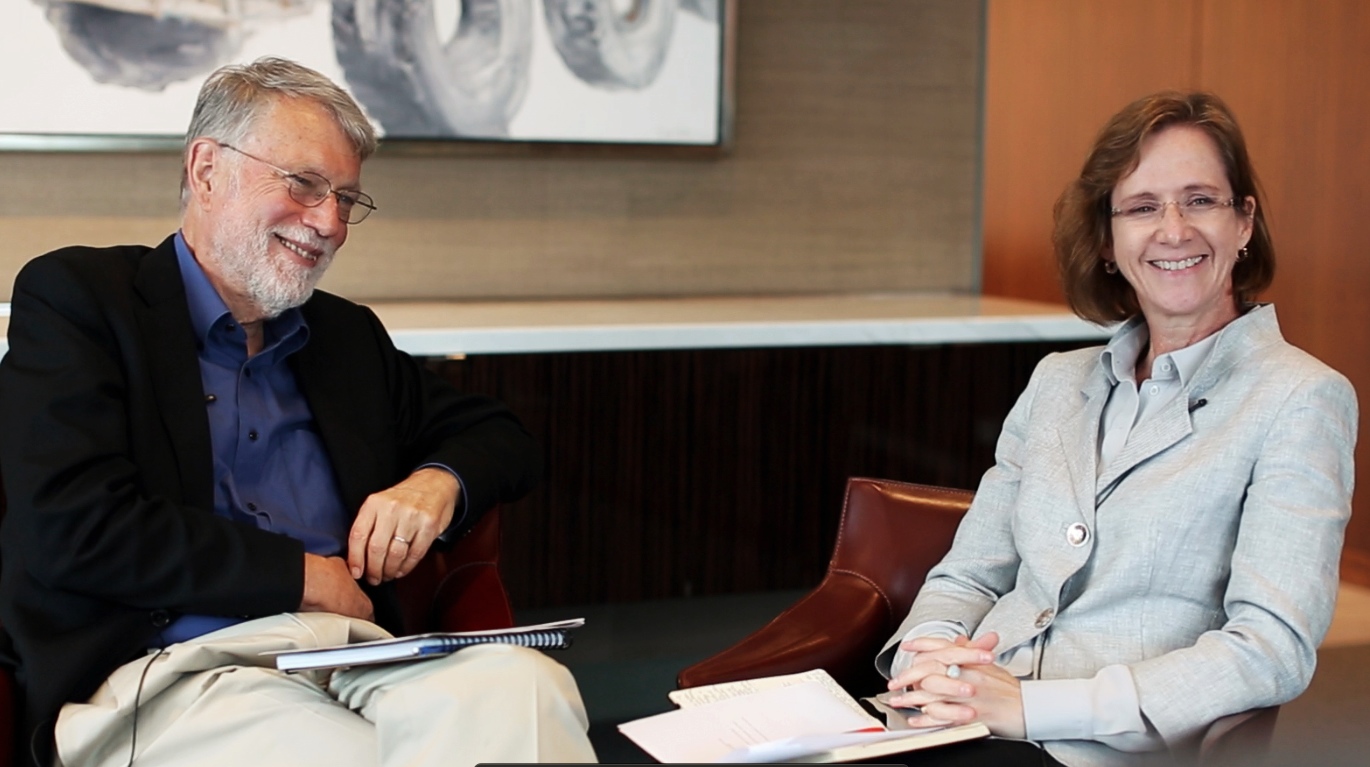ApJ Bio
Ann Pendleton‐Jullian is an architect, writer, and educator of international standing whose work explores the interchange between architecture, landscape, culture, science, and technology within complex contexts. She is currently Full Professor and former director of the Knowlton School of Architecture at Ohio State University, distinguished Visiting Professor out of the President’s Office at Georgetown University, and periodically co-teaches world building studios at USC’s School of Cinema. From 1993‐2007, she was a tenured professor of architecture at MIT and Associate Head of the Department for three of those years.
Believing that design has the power and the potential to take on the challenges of contemporary life within an emerging global culture, ApJ’s design practice ranges between commissioned work, speculative projects, teaching as research, authored books and papers, exhibitions, seminars, lectures, and forums in which she applies her design expertise to a wide range of complex problems and discussions around complexity, itself. Exhibited and published extensively, the portfolio of work demonstrates an approach that is straightforward and optimistic, yet allies itself with material from diverse creative disciplines and the sciences.
ApJ entered the field of architecture after missing ‘architecture’ in the course catalogue for three years and instead studying astrophysics. She obtained her bachelor of architecture degree from Cornell University and her master of architecture degree from Princeton University. In between she served her professional apprenticeship in Chicago and New York. ApJ opened her first professional office in Los Angeles, returning to the east coast in 1987 to practice in partnership with Guillaume Jullian de la Fuente in Ithaca NY, Boston and Paris. She returned to her own practice in Cambridge in 1996. Concurrently, she taught at Princeton, Cornell and then MIT.
ApJ’s projects range in scale and scope from things to systems of action. Notable projects demonstrating this range are: a house for the astronomer Carl Sagan and his wife; award winning prototypical bioclimatic houses – one for Tenerife; various winning or placing competition entries including a New Congress Hall in Valparaiso, Chile, and an urban design project for the Miguelete River basin sponsored by the Municipality of Montevideo. Much of her recent work focuses on empowerment and economic development through various projects including the Asian University for Women in Bangladesh and an eight-village ecosystem conceived around rural craft tourism in Guizhou province in China. Currently she is working on a new Jesuit University for Eastern Africa, including its pedagogical model, the future re-imagining of the Pardee RAND Graduate School of Public Policy, and a house in an environmentally sensitive part of the Pocono Mountains.
ApJ has five authored books and portfolios, and has numerous articles both written about her work and by her. Highly cited publications include: The Road That Is Not a Road and the Open City, Ritoque, Chile by MIT Press (’96); Games for Shanghai (’08) published by CA Press in Shanghai; and Design Education and Innovation Ecotones (’09). She lectures and exhibits her work extensively in national and international venues, working across a principally tri-continental platform: North America, South America and Asia. She has been a TEDx speaker, an invited participant to Aspen Institute roundtables both in the US and abroad and is a core member of the Highlands Forums Group – a cross‐disciplinary network of global leaders established in 1995 by the Secretary of Defense to examine questions of emerging interest to national defense and security.
